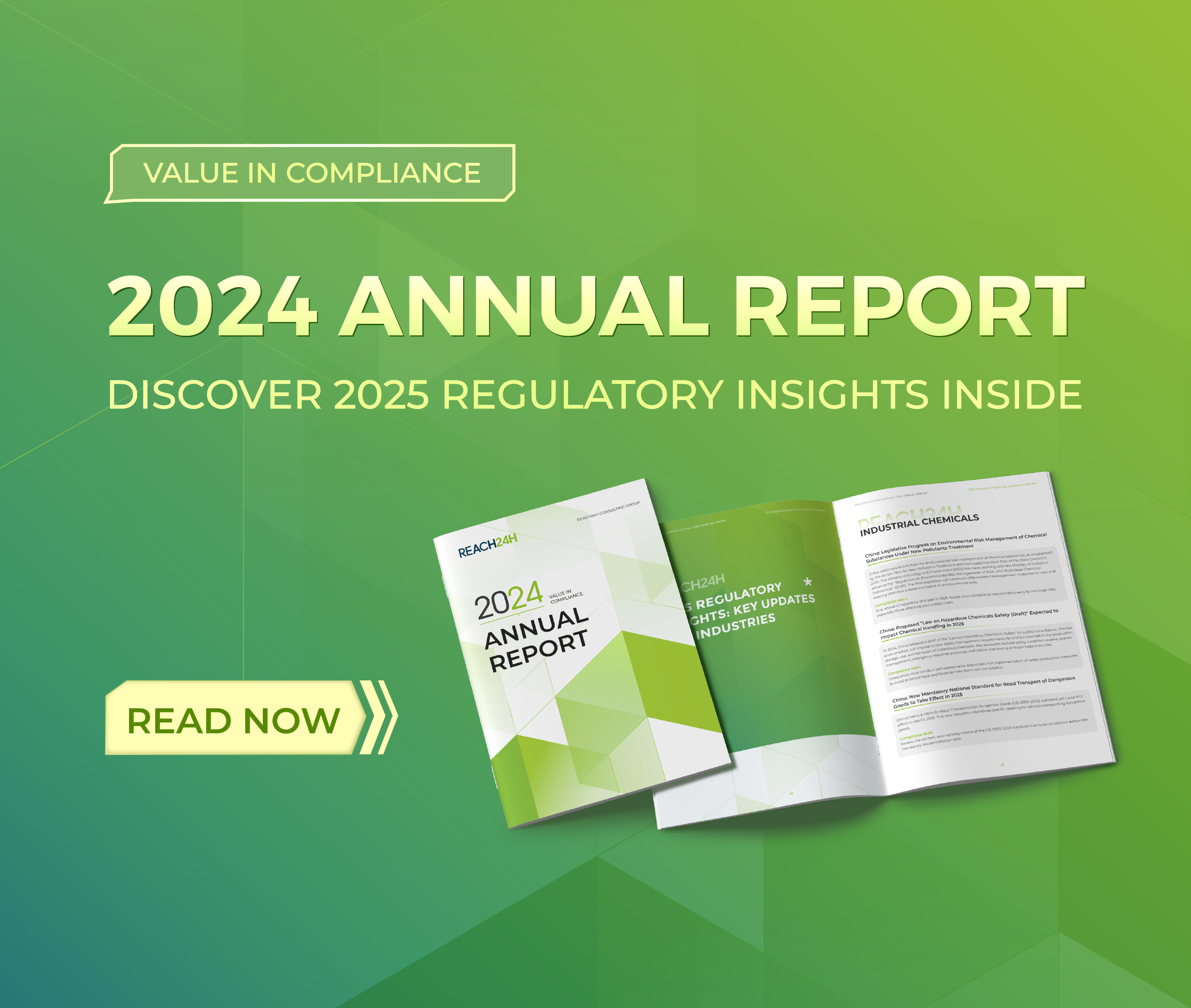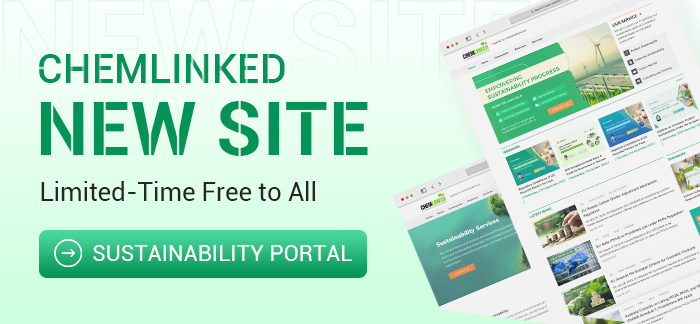K-BPR: South Korea Bans 623 Household Products from Market, Including Fragrance, Pesticides, and Fungicide
On August 11, 2022, South Korea’s Ministry of Environment (MoE) and the Korea Environmental Industry& Technology Institute (KEITI) issued a prohibition on the manufacture, importation and distribution of 623 household products, due to violations of the Act on the Safety Management for Household products and Biocides (hereinafter as K-BPR regulations).
These products have been listed on the Hazardous Product Sales Prevention System (http://upss.gs1kr.org) operated by the Korea Chamber of Commerce and are subject to an immediate prohibition in stores and supermarkets. At the same time, the Korea Online Shopping Association prohibits the sale and distribution of these household products. The MoE stated that the future recirculation of these products will also be monitored continuously.
Why are the 623 Household Products Prohibited Under K-BPR?
Non-Compliance with Safety Standards and Notification Requirements
543 products are not qualified for the incompliance with the safety standards and notification requirements, including 232 fragrances, 133 candles, 23 tattoo dyes, and 155 other products.
To list a few, 14 fungicides products haven’t confirmed the safety standards; 1 antibacterial disinfection product for humidifiers has not been notified, yet was in the market; 13 sanitary pesticides and sanitary insect repellents that had been widely consumed in summer were manufactured and sold before they have been confirmed to meet safety standards and other compliance requirements.
Excess Harmful Substances in Practical Products
68 products are prohibited for this issue, including 26 cosmetic adhesives, 15 tattoo dyes, 7 glossy coating agents, 7 fragrances, and 13 other products.
To list a few, five products including glossy coating agent, fragrance, and deodorant, all exceed the safety standard of foam aldehyde by 16.7 times.
Labels with Misleading Claims
12 products are prohibited for having no clear and correct labels. According to the K-BPR regulations, enterprises are forbidden to use misleading slogans on the labels, for example, “non-toxic”, “harmless”, “green”, “safe for humans and animals”, “ eco-friendly” or any other similar expressions.
13 Household Products Regulated Under K-BPR
South Korea’s Chemical Product Safety Act (K-BPR) regulations are to manage household products which may have a potential risk in our daily life.
For now, there are 13 categories of household products regulated under K-BPR.
Categories of Household Products Under K-BPR
| Classification | Categories |
| 1.Detergent product group | 1.Cleaners |
| 2.Remover | |
| 2.Laundry products group | 1.Laundry Detergent |
| 2.Bleaching Agents | |
| 3.Fabric Softeners | |
| 3.Coating products group | 1.Gloss Coatings |
| 2.Special Purpose Coatings | |
| 3.Anti-Rust Additives | |
| 4.Lubricant | |
| 5.Ironing Auxiliaries | |
| 4.Adhesive products group | 1.Adhesives |
| 2.Gap and Crack Fillers | |
| 5.Air freshener products group | 1.Air Fresheners |
| 2.Deodorizing Agents | |
| 6.Dye and Colorant painting
products group |
1.Dye Agents |
| 2.Colorant Painting Agents | |
| 7.Auto products group | 1.Windshield Washer Fluids For Auto |
| 2.Engine Antifreezes | |
| 8.Printing and Document Related Products | 1.Ink Cartridges And Toners |
| 2.Red Seal Ink Pads | |
| 3.Correction Fluids and Tapes | |
| 9.Beauty products group | 1.Adhesives for Beauty |
| 2.Tattoo Inks | |
| 10.Disinfection Products group | 1.Disinfectants |
| 2.Algicide | |
| 3. Antibacterial and Disinfectant For Humidifiers | |
| 4.Sterilization and Disinfectant For Preventing Infectious Diseases | |
| 11.Insecticides and Repellents | 1.Insect Repellents |
| 2.Health Pesticide | |
| 3.Health Repellent | |
| 4.Insecticide For Preventing Infectious Disease Prevention | |
| 5.Rodenticide for Preventing Infectious Disease Prevention | |
| 12.Preservative products
Preservative-treated products |
1.Wood Preservatives |
| 2. Preservative-Treated Filter Product | |
| 13.Other products group | 1.Candle |
| 2.Dehumidifying Agent | |
| 3.Artificial Snow Spray | |
| 4. Fog Fluid for Performance | |
| 5. Household Chemical Products for Humidifiers |
Household products have been involved in our daily life, so companies would better pay more attention to compliance requirements of their products.
Rising Awareness of Household Products Compliance
In response to the rising concerns over household products after the “toxic humidifier sterilizer” accident in 2011, South Korea has accelerated the legislative process regarding chemical products. Since the enactment of the K-BPR regulations in 2018, the government has also been rapidly and strictly promoting the enforcement and management of household products.
REACH24H suggests that companies whose businesses involve the export of household products to Korea focus on compliance requirements such as verification of product safety standards and labelling.
Contact Us
REACH24H Consulting Group has helped global companies export their products to South Korea efficiently and successfully. If you have any questions about K-BPR regulations, please contact us for more information.
Tel: +86 571 87007555
Email: customer@reach24h.com


